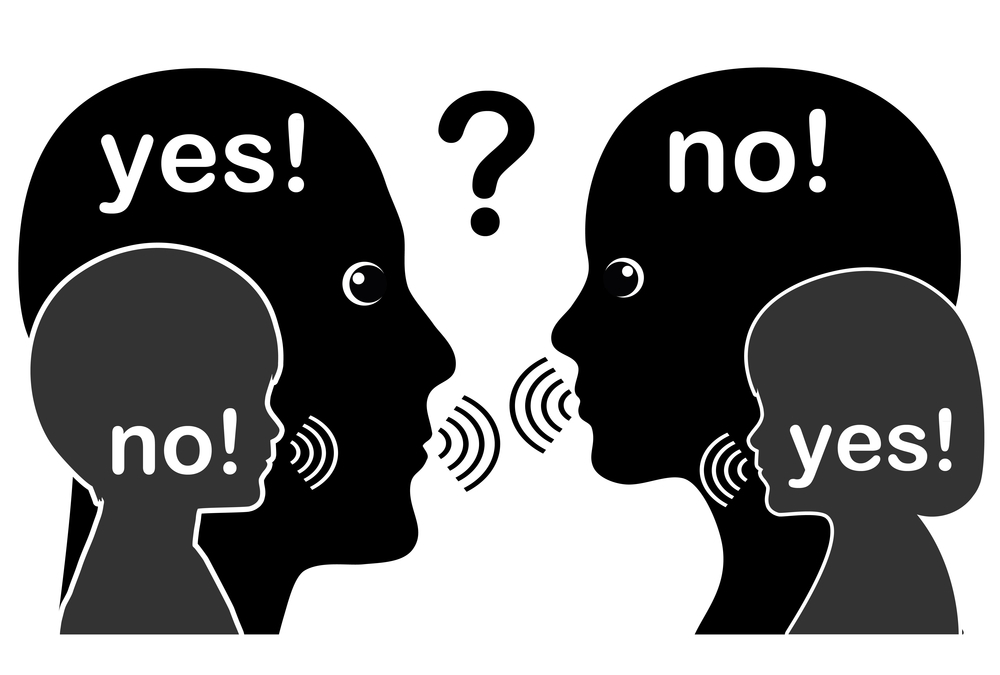In a fast-paced world driven by productivity and round-the-clock connectivity, sleep often takes a backseat. Yet, sleep is one of the most powerful natural healing tools available to us. More than just rest, it is a complex biological process that restores the body, rejuvenates the mind, and balances our emotions. Scientists and wellness experts alike are increasingly emphasizing the critical role sleep plays in physical, emotional, and mental well-being.
Physical Restoration
Sleep is when the body does its deepest repair work. During the deeper stages of sleep, such as non-REM (Rapid Eye Movement) sleep, tissues grow and muscles repair. Growth hormone, crucial for cellular repair and regeneration, is released predominantly during sleep. The immune system is also strengthened at night, with immune cells increasing in number and efficiency. This is why a good night’s sleep is often the best medicine when recovering from illness or injury. Chronic sleep deprivation, on the other hand, weakens the immune system and leaves the body more vulnerable to infections and inflammation.
Mental Clarity and Cognitive Health
One of sleep’s most profound benefits lies in its ability to reset and recharge the brain. Sleep helps consolidate memories, enhances learning, and boosts problem-solving skills. The brain literally “cleans house” during sleep, removing metabolic waste products, including beta-amyloid—a protein associated with Alzheimer’s disease. Lack of sleep impairs attention, concentration, and decision-making abilities, and over time, can contribute to neurodegenerative conditions.
Emotional Balance
Emotionally, sleep is essential for mood regulation. Adequate rest helps manage stress, reduce anxiety, and maintain emotional resilience. REM sleep, the stage when most dreaming occurs, is particularly important for processing emotions and coping with trauma or distress. Chronic sleep deprivation is strongly linked to depression, irritability, and emotional instability.
Sleep as a Preventive Medicine
Quality sleep is associated with a lower risk of chronic diseases such as heart disease, diabetes, obesity, and hypertension. It helps regulate hormones related to appetite and metabolism, such as leptin and ghrelin, which is why poor sleep often leads to weight gain. The cardiovascular system also benefits from consistent sleep patterns, with reduced strain on the heart and improved blood pressure control.
Cultivating Better Sleep
Given sleep’s immense healing powers, cultivating healthy sleep habits is vital. This includes maintaining a consistent sleep schedule, creating a calm and dark sleep environment, avoiding caffeine and screens before bedtime, and managing stress through relaxation techniques like meditation or deep breathing. Even short naps, when used wisely, can restore alertness and improve performance.
Conclusion
Sleep is not a luxury—it’s a biological necessity. It is the foundation of health and a pillar of healing, acting silently but powerfully to restore what daily life wears down. Embracing sleep as a sacred part of self-care is one of the most profound and simple ways to promote healing, enhance longevity, and improve quality of life. In the pursuit of wellness, never underestimate the quiet power of a good night’s sleep.
Call Happy Ho at +919811237999 and book your session for sleep meditation (Nidra Meditation) today.






